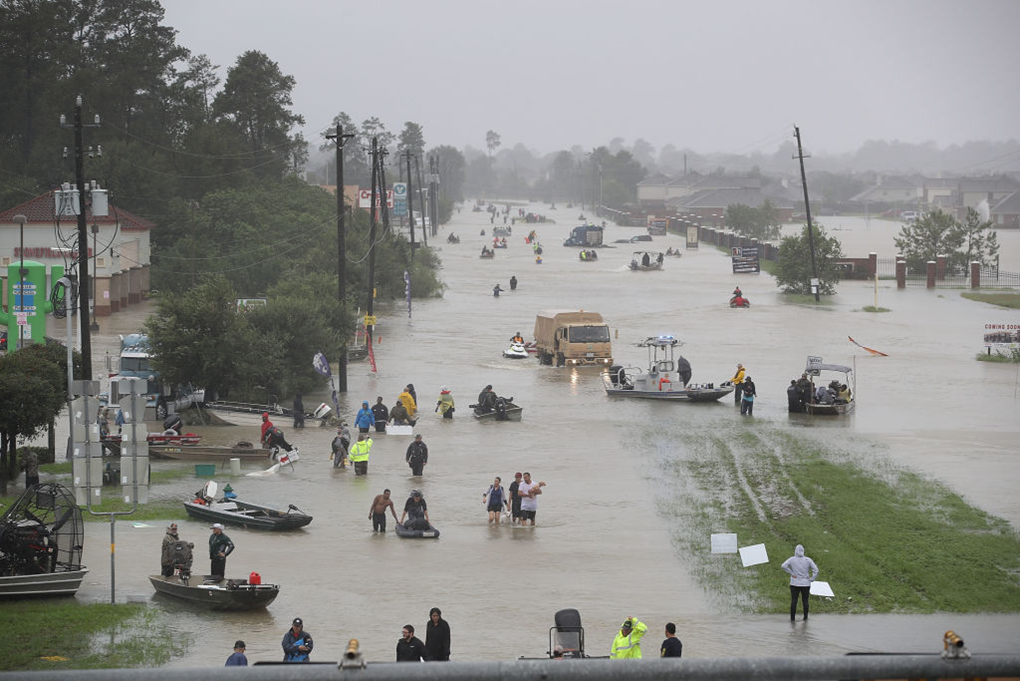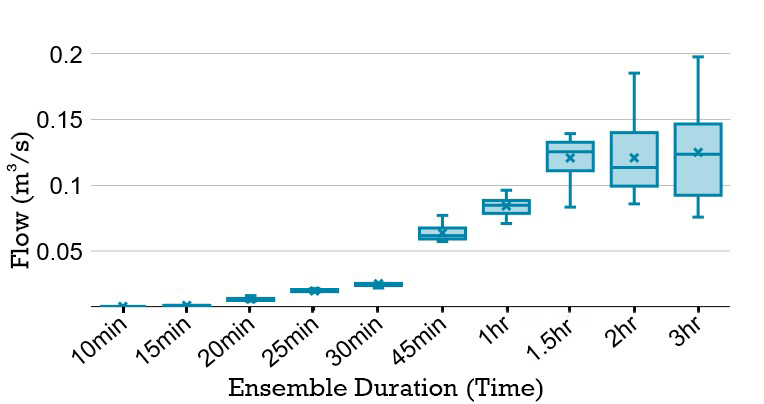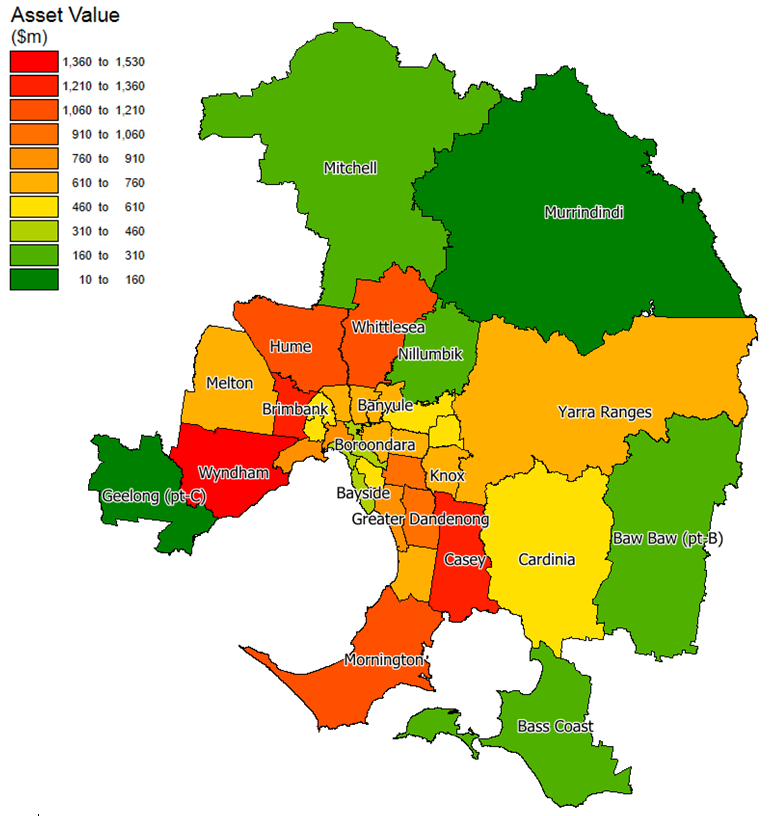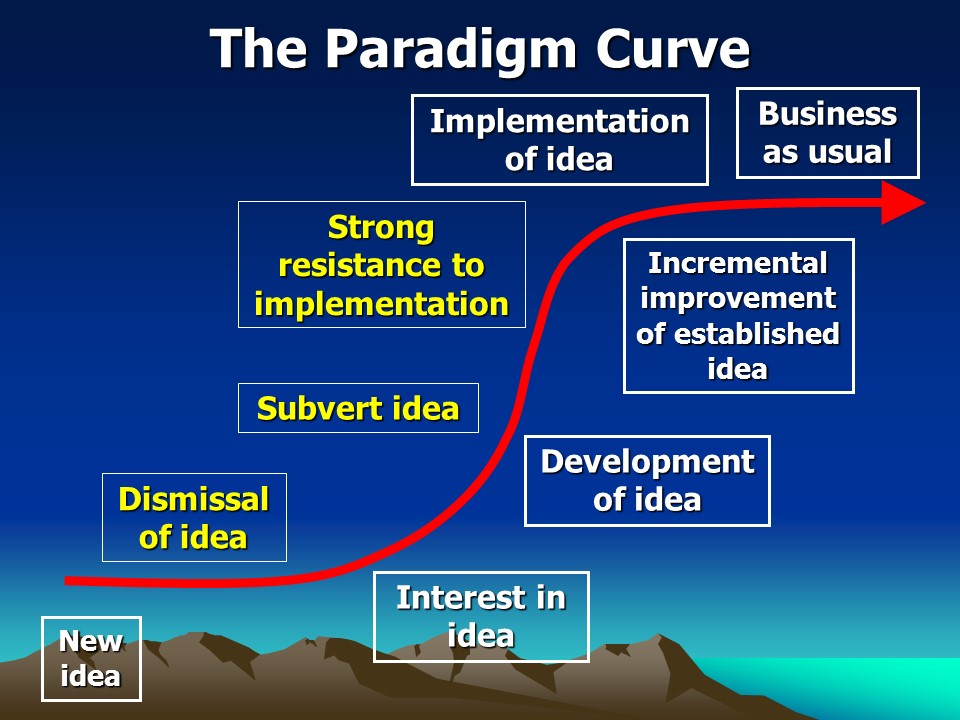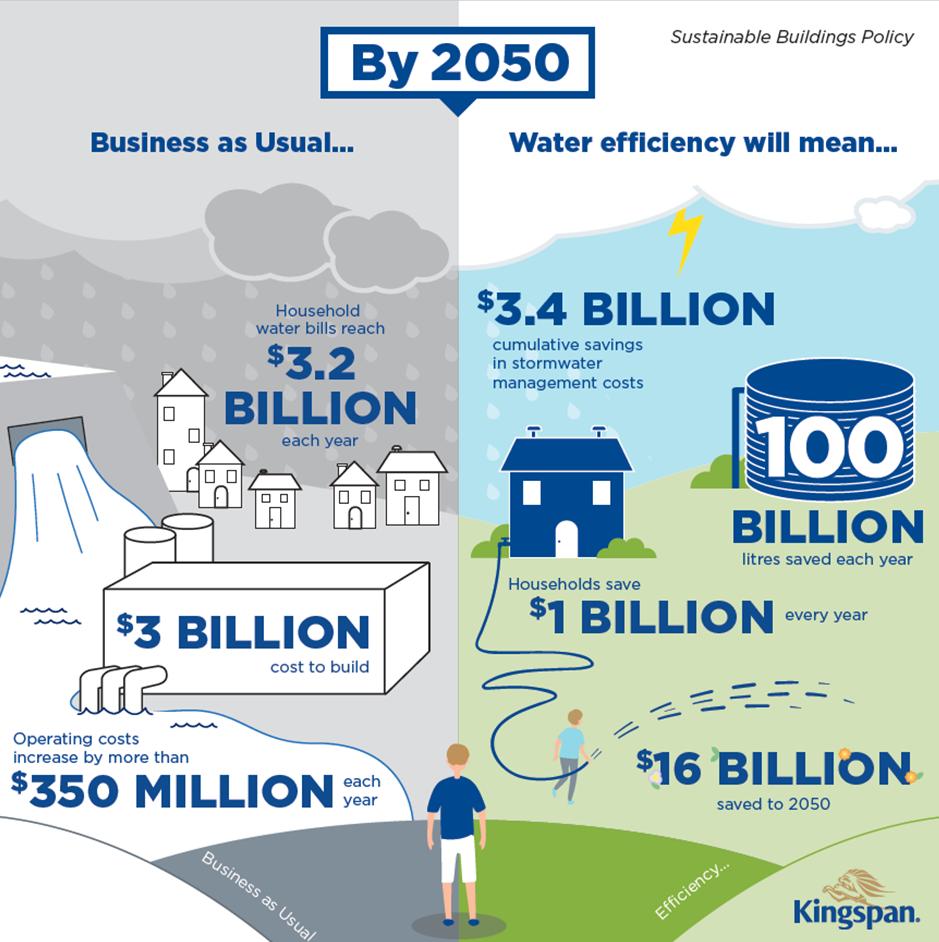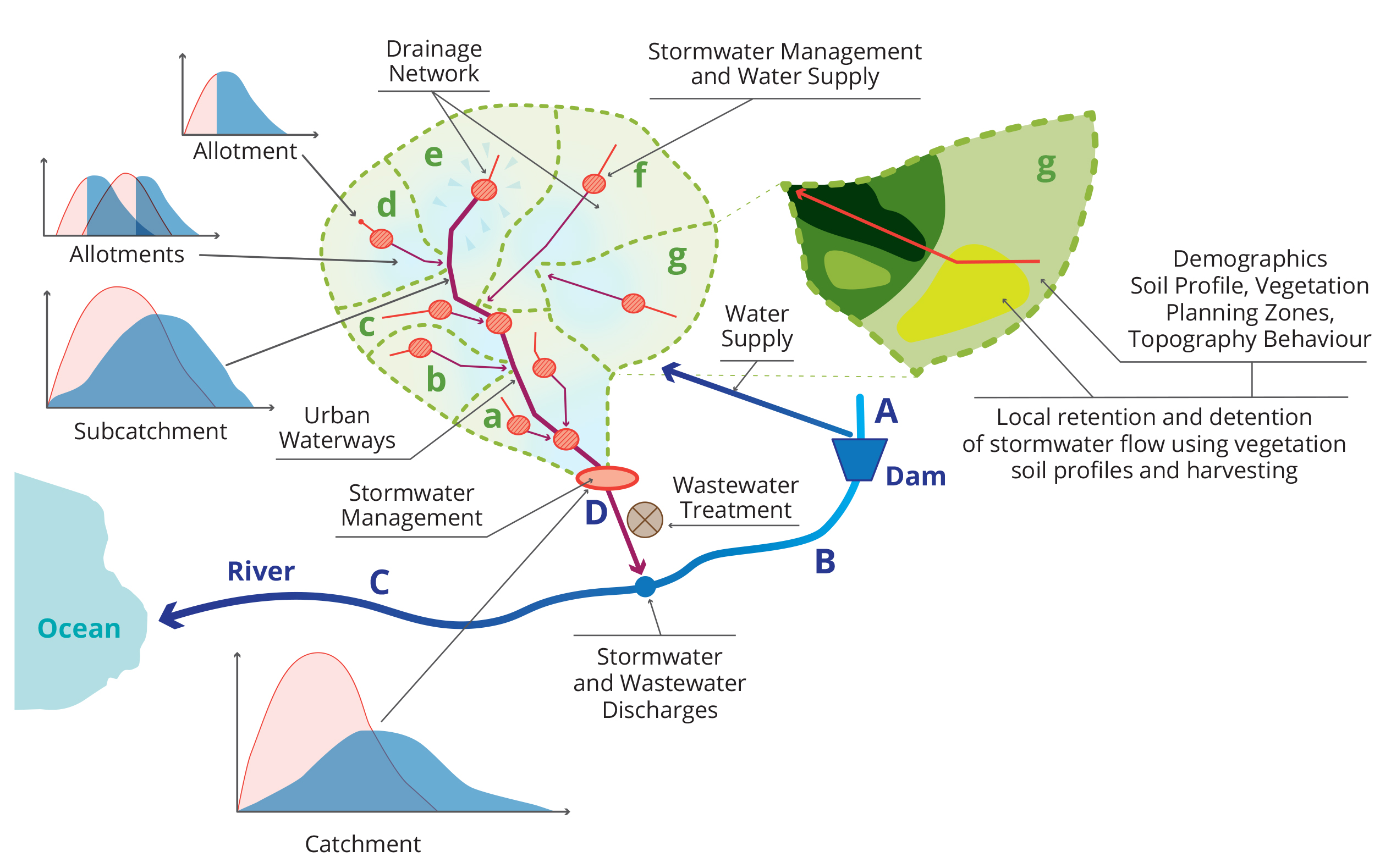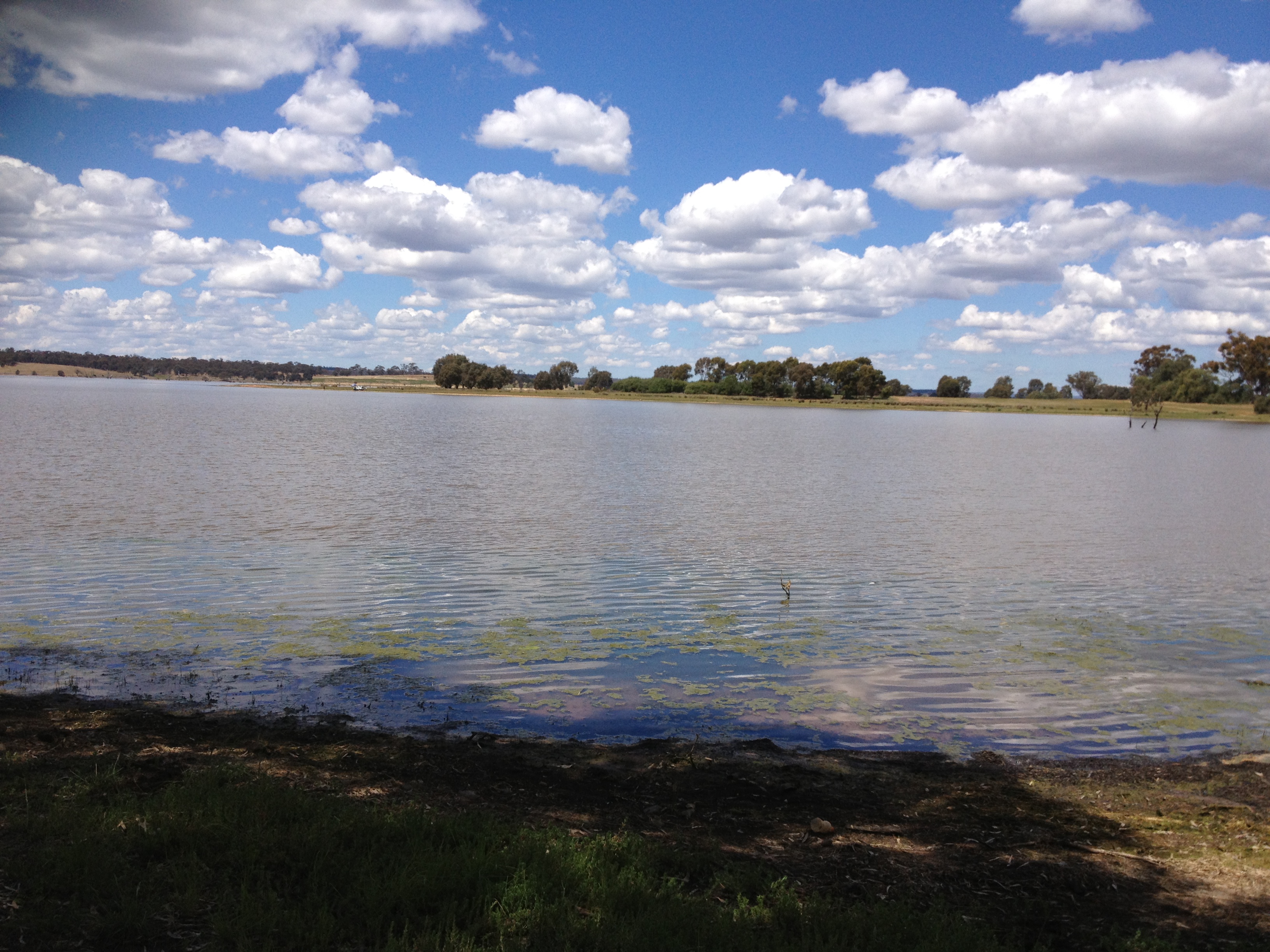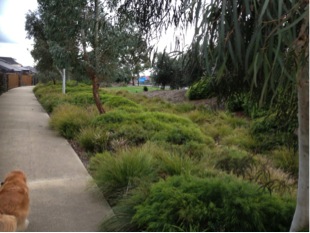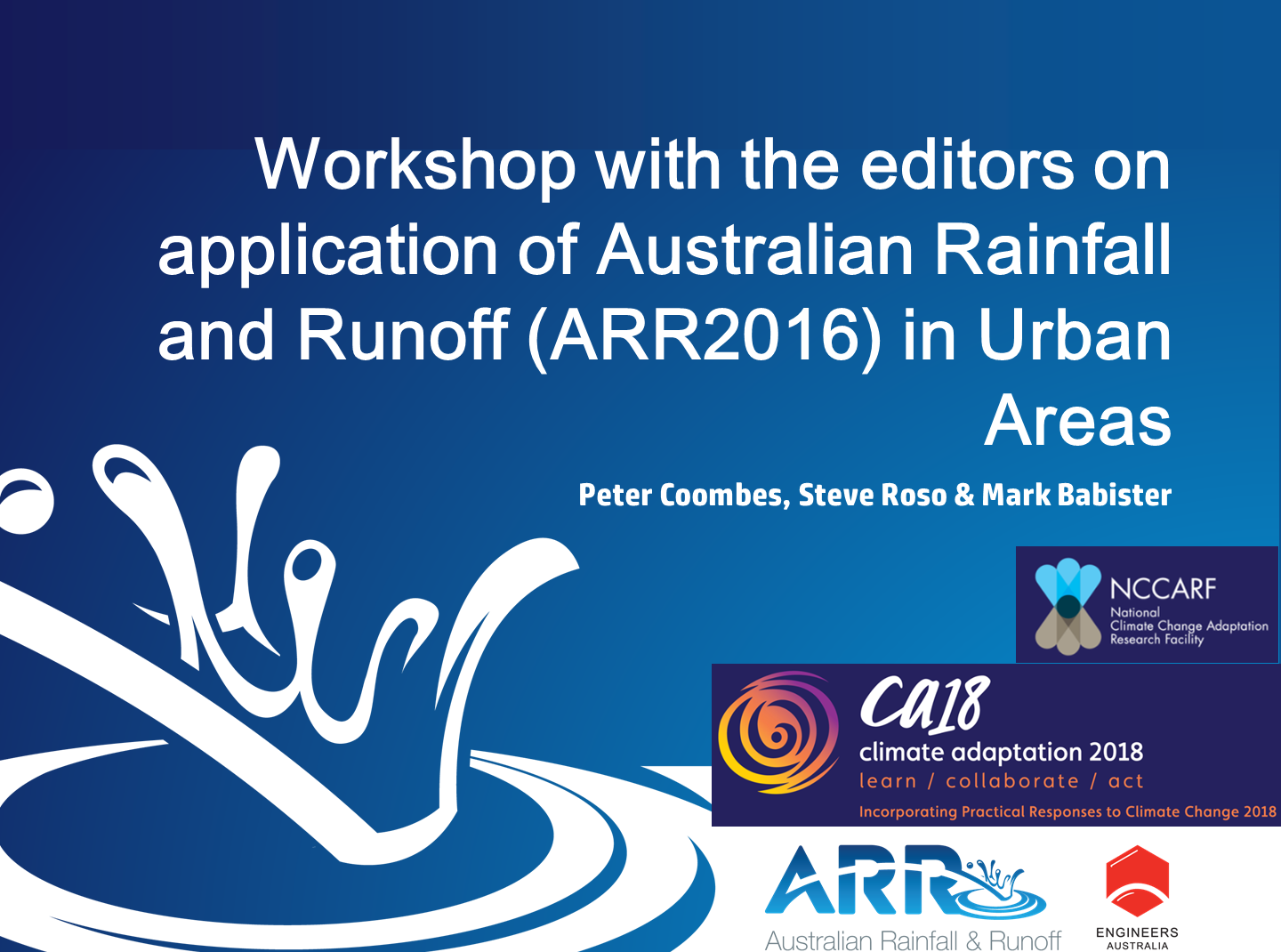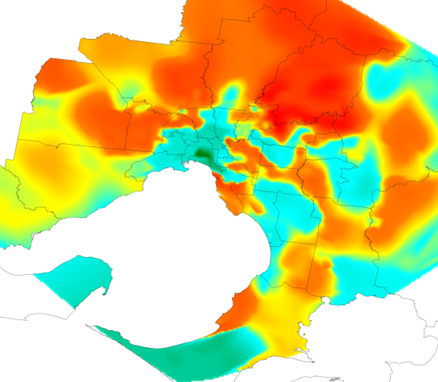Introduction to Australian Rainfall & Runoff 2016 Urban Book workshop by Peter Coombes and Steve Roso at 1 pm on Thursday 18 October 2018 at Reg Sparks Room, Sporting Car Club of SA, 51 King William Road, Unley. Join the authors and editors of Australian Rainfall and Runoff (ARR) Urban Book as they cover the philosophy and application of ARR in urban catchments.
Blog
Direct Rain Investigation and Urban Stormwater Design
Presentation by Peter Coombes, Mark Colegate and Sophia Buchanan at Stormwater 2018 conference at 3:45 pm on Wednesday 10 October 2018. Urban stormwater catchments can be subject to complex hydrological and hydraulic responses that are driven by unresolved sub-catchment influences, flow pathways and local depression storages. This paper provides an overview of the processes to define complex urban hydrology, establish evidence based targets for urban catchments and design of detention basins using ARR2016 resources.
Systems Analysis of Stormwater Resources, Values and Prices
environmental management
Presentation Dr Peter Coombes at Stormwater 2018 conference at 2:00 pm on Tuesday 9 October 2018.
This research project builds on previous publications by the author that utilised a Systems Framework of historical big data from government agencies and utilities to identify the water and stormwater benefits of property scale water conservation measures for Australian cities. Bottom up systems analysis is used quantify the stormwater resources and economic value of stormwater infrastructure for Greater Melbourne.
Supporting Policy Development Keynote and Workshop
Supporting Policy Development – How to Land Policy Decisions in Water &The Environment
Workshop on Thursday 20 September 2018 at the World Water Congress at the Big Site Tokyo Japan. Chaired by Trevor Bishop from Ofwat and Rob Fuller from WaterAid International. Keynote speakers: Dr Peter Coombes from Urban Water Cycle Solutions on Translating Science to Policy, and MK Madhavan from WaterAid India on Translating Strategy to Policy
Melbourne could save 100 billion litres of water a year by 2050
Melbourne could save 100 billion litres of water a year by 2050
Interview with Dr Peter Coombes on ABC News Breakfast at 6:30 am on 16 August 2018.
Water savings targets for buildings can drive an average 50% reduction in demand for utility water supply in households. Achievable water efficiency targets for buildings would drastically reduce water usage and create better environmental and economic outcomes. These benefits apply to households, water utilities and government across normal climate and drought periods.
Targets for sustainable buildings will increase household welfare and urban areas will have reduced impact on drought effected rural catchments.
Big Questions about Drainage and Future Water Cycle Management
New Journal Paper: Status of transforming stormwater drainage to a systems approach to urban water cycle management – moving beyond green pilots
This investigation was motivated by revision of Australia’s national guide to rainfall runoff and flooding, Australian Rainfall and Runoff (ARR), and systems thinking about the future of urban stormwater management. Reflections on this change process revealed internationally relevant challenges and a need to reframe stormwater drainage as integrated management of the urban water cycle from a design, economic and policy perspective.
Climate change impacts linked regional water systems
Systems analysis reveals challenges of climate change on linked towns and irrigation districts connected to Murray Darling Basin
Presentation by Dr Peter Coombes and Dr Michael Barry at the Climate Adaption 2018 on Thursday 10 May in Room P3, 13:30 15:00, at Crown Promenade South Bank Melbourne.
Economic efficiency of water solutions at multiple scales
Using surfaces of Big Data to Underpin Continuous Simulation in Systems Analysis
Following our presentation at WSUD 2018 & Hydropolis 2018, our peer reviewed paper can be downloaded below. This paper outlines some of the methods in the systems framework that was designed to explore the multiple scale impacts of water, energy, economic and environmental decisions using a bottom up approach to spatial systems analysis.
ARR(2016) Urban Book Workshop with Editors
Workshop with the editors on application of Australian Rainfall and Runoff (ARR2016) in Urban Areas
Workshop prior to the Climate Adaption 2018 conference on Monday 7 May, 2018 at Engineers Australia 600 Bourke Street Melbourne Victoria from 1:00 pm to 5:00 pm. This afternoon workshop will be presented by the editors Dr Peter Coombes and Steve Roso of Book 9 (Urban Book) of ARR2016 and will cover the philosophy and application of ARR2016 in urban catchments.
Big Data Surfaces Underpin Systems Analysis
Using surfaces of Big Data to Underpin Continuous Simulation in Systems Analysis
Following our presentation at WSUD 2018 & Hydropolis 2018, our peer reviewed paper can be downloaded below. This paper outlines some of the methods in the systems framework that was designed to explore the multiple scale impacts of water, energy, economic and environmental decisions using a bottom up approach to spatial systems analysis.

